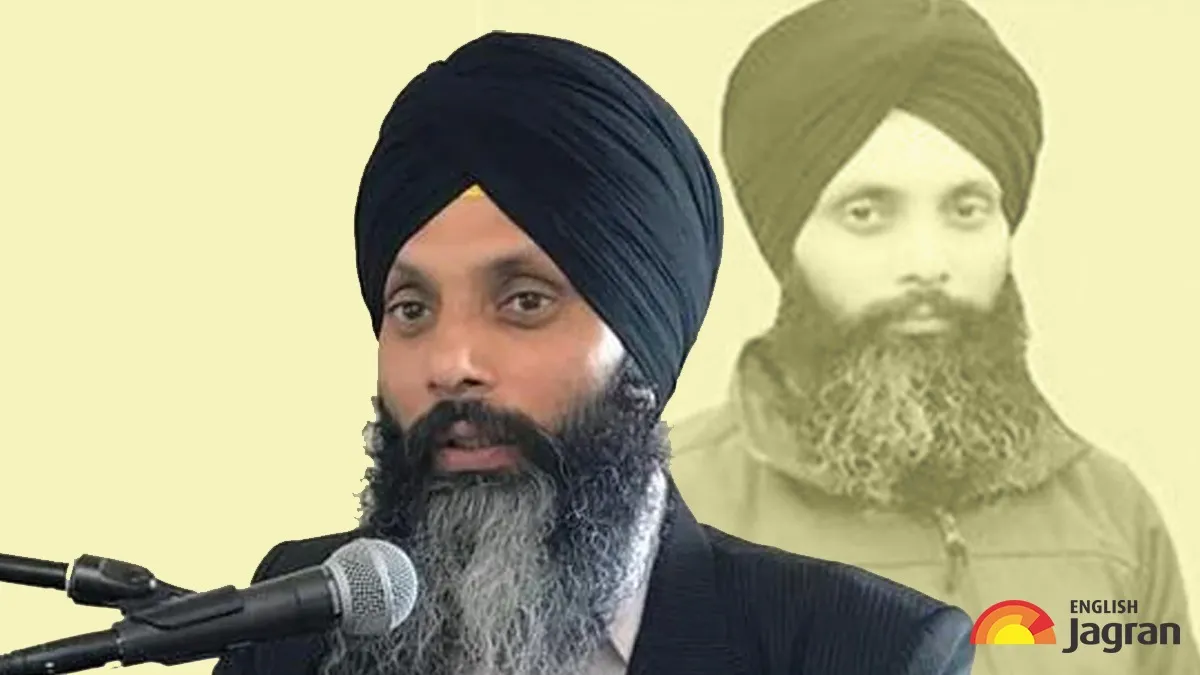- By Mayukh Debnath
- Fri, 18 Oct 2024 06:44 PM (IST)
- Source:JND
India-Canada Row: India and Canada have been witnessing a continued deterioration in diplomatic ties ever since Canadian Prime Minister Justin Trudeau's allegations that "Indian government agents" were involved in the killing of Hardeep Singh Nijjar, Khalistani terrorist who was gunned down in the Canadian city of Surrey last year. India continues to vehemently deny the accusations levelled by Trudeau's government.
The diplomatic fallout from the tensions recently led to India's withdrawal of its envoy and other diplomats from Canada after they were named as 'persons of interest' in a Canadian probe, presumably into Nijjar's killing. At the same time, India expelled six Canadian diplomats hours after summoning Canada's Charge d'Affaires Stewart Wheeler.
WHO WAS HARDEEP SINGH NIJJAR?
- Hardeep Singh Nijjar was born in 1977 in Punjab's Jalandhar district. His last known residential address in India was in village Bharsinghpura in Jalandhar, as per the National Investigation Agency's (NIA's) 'Most Wanted' list.
- He moved to Canada in 1997 and started working there as a plumber, according to the Khalistan Extremism Monitor of the New Delhi-based independent Institute for Conflict Management.
- As per the NIA, Nijjar was initially associated with Khalistani terror outfit Babbar Khalsa International (BKI).
- Nijjar was designated an individual terrorist in 2020.
- He later became the chief of Khalistan Tiger Force (KTF), another pro-Khalistan outfit designated as a 'terrorist organisation' by India, and was "actively involved in operationalising, networking, training and financing" its members, according to a statement by the Centre in 2020.
- He was elected head of the Guru Nanak Sikh Gurudwara in Surrey, the Vancouver suburb where he lived. Nijjar held that position at the time of his killing.
- He was gunned outside the same gurdwara on June 18, 2023.
- On Friday (October 18, 2024), People's Party of Canada leader Maxime Bernier noted that Nijjar's claim for asylum were rejected multiple times in Canada but he was anyways allowed to stay there before "somehow" being granted Canadian citizenship in 2007.
- Bernier further highlighted how Nijjar used fraudulent documents to claim asylum in Canada when he first arrived there.
(With inputs from agencies)


